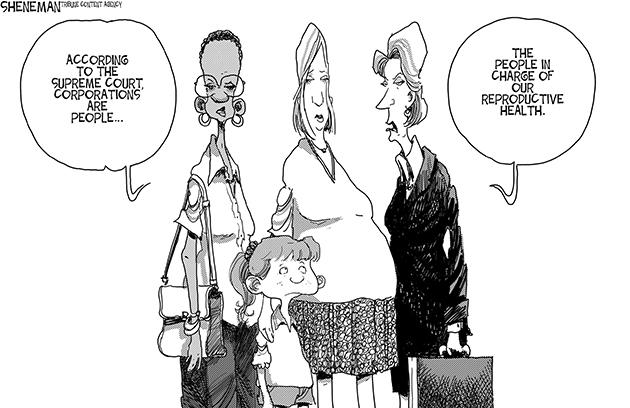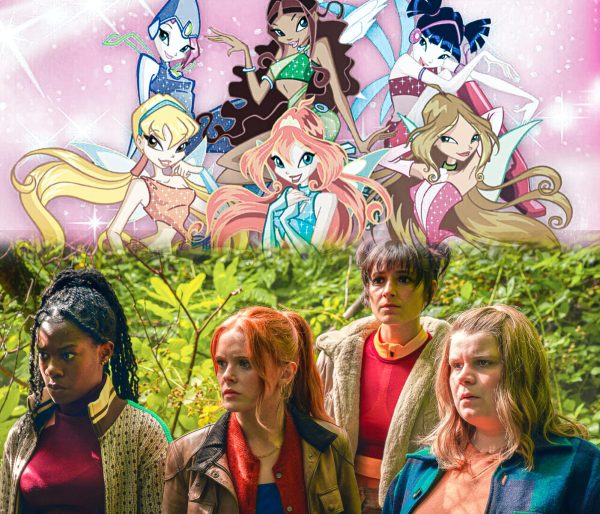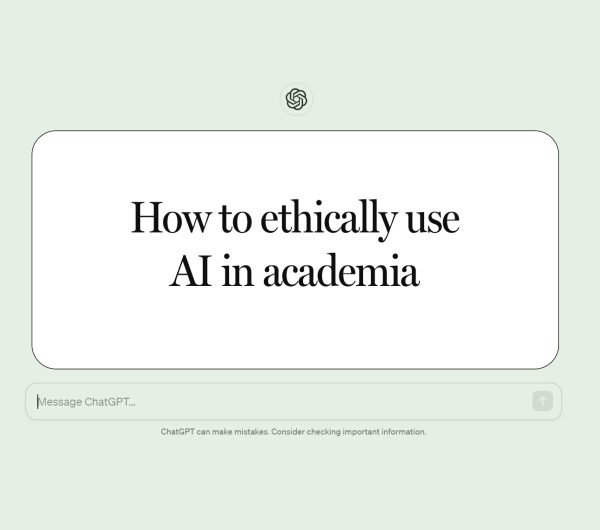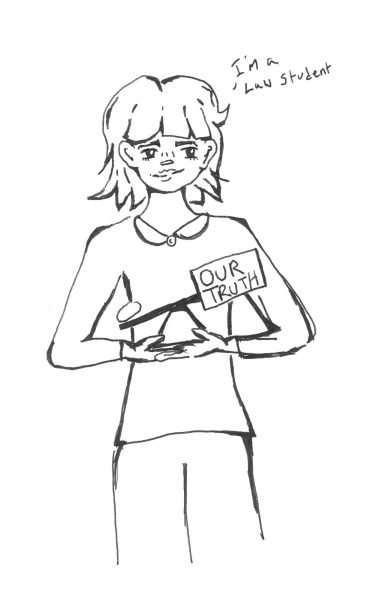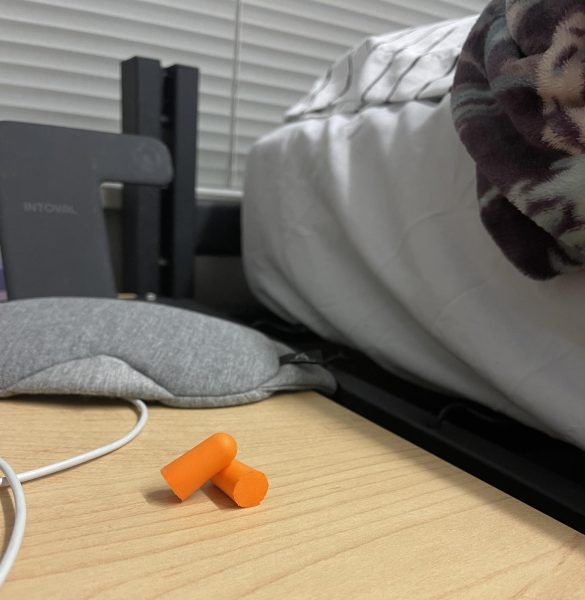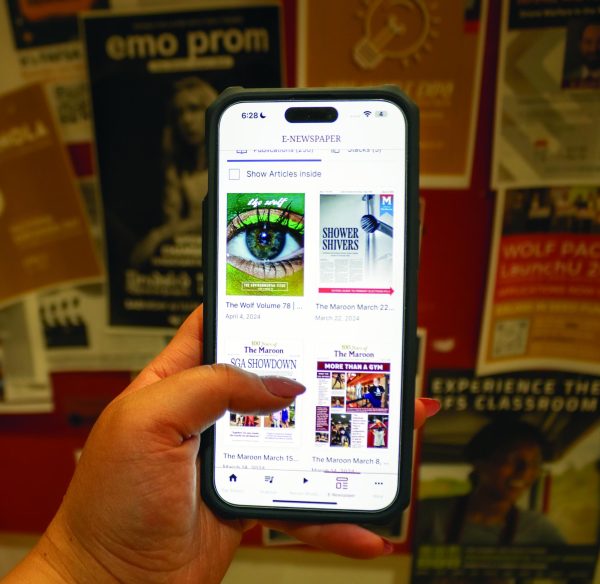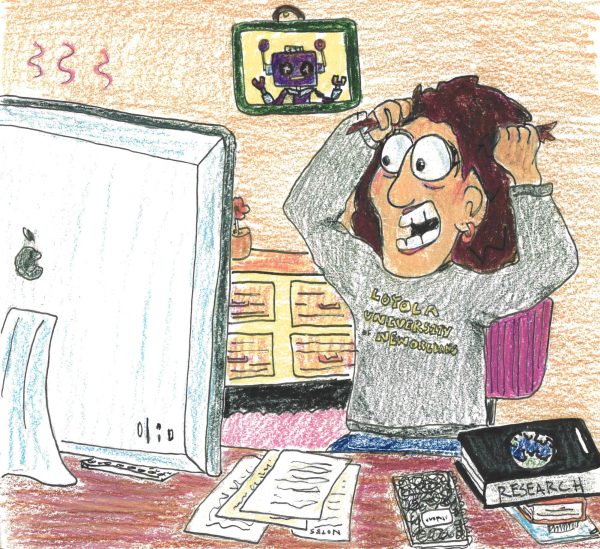We should protect the rights of people, not corporate persons
The Supreme Court’s decision in the Hobby Lobby case show that corporations are increasingly being given more and more legal protection — at the expense of their workers’ rights.
August 28, 2014
In the latest landmark ruling for reproductive rights, Burwell v. Hobby Lobby Stores, Inc., the U.S. Supreme Court ruled in favor of major arts-and-crafts company Hobby Lobby after the company’s decision not to provide certain contraceptive coverage under its employee healthcare plan.
The Court upheld the decision under the Religious Freedom Restoration Act, which states that private or family-owned companies should not have to cover all forms of contraception if they go against the owners’ personal spiritual beliefs.
A major part of the controversy over the ruling has been the company’s reasoning for their refusal to provide this healthcare coverage.
Hobby Lobby happens to be a family owned company, and the Green family believes that paying for some types of contraceptives is a sin too heavy to bear.
However, just because a major company is run by a family with certain spiritual beliefs does not change the fact it currently owns and operates 640 arts and crafts stores run by nearly 23,000 employees as of December 2013, according to their Forbes business profiling.
So even if only a fourth of their employees were female, that would still leave 5,750 women vulnerable to the possibility of an unwanted pregnancy. Setting aside the issue of birth control and reproductive rights, the Supreme Court’s decision indicates another troubling trend in thought. They are choosing to protect the rights of a corporation, an artificial creation, over the rights of many real persons.
Over time, the concept of corporate personhood or artificial personhood has become part of our understanding of the Fourteenth Amendment.
According to this concept, corporations like Hobby Lobby are perceivable as a person under the eyes of the law and are granted equal protection by it. While this law was mainly put in place so that representation in court between major businesses would be easier, the amendment can be extended for any and all cases involving a business.
This makes Hobby Lobby a person with the power to control the healthcare of thousands of others regardless of the workers’ personal beliefs. If you feel discomforted by this, it’s because of a simple fact — corporations are not people.
The question is this: Whose rights are more important? Is it really justifiable that the Green family’s rights should be protected any more than those of the workers of their corporation?
Interpreting the Religious Freedom Restoration Act as saying that Hobby Lobby as a corporation has the same beliefs as the family that owns it is just an absurd way to look at the whole ordeal. Essentially, this court has chosen to protect the beliefs of one family over those of nearly 23,000 people.
When I think of the difficulties of balancing the rights of the many over those of the few, I am reminded of a discussion I had in high school with my class over rescheduling the date of an English final.
Some kids wanted to take the exam on Friday to get it out of the way, while other students wanted to move it to Monday so that they could focus on studying for more important exams.
When our teacher obliged the small group of people who wanted to move up the exam date, one student groaned, “It’s never a matter of the majority saying what everyone wants — it’s always the minority screaming loud enough to get their way.”
Maybe the Green family is not necessarily screaming at Congress, but as owners of a corporation such as Hobby Lobby, they do have a great amount of money and power to get their way.
This is something to consider when we try to balance out rights between a large group of real people and one artificial person.


